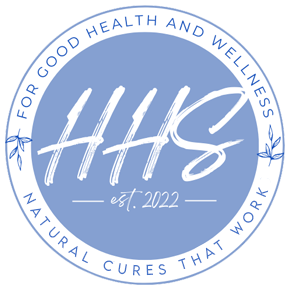The coffee industry is worth billions of dollars because of the many hardcore coffee drinkers. And although it certainly has its health benefits, consuming too much and too often puts your body in danger.
Keep reading to find out how:
It may cause miscarriages and fetal impairment
Studies have shown that the stimulating effects of caffeine may increase the risk of miscarriages. It is strongly advised by health care providers and experts that prenatal women refrain from drinking coffee altogether.
Caffeine isn’t present in coffee alone; energy drinks, chocolate, soft drinks, and tea are also suspect foods. Overeating these foods causes mineral depletion in pregnant women. There’ll be insufficient magnesium in your body if you drink coffee every day, and the effects you may experience include twitching, muscle cramps, and spasms.
It affects fertility
Preliminary research has shown that caffeine affects the complete development of eggs and makes them unsuitable for fertilization.
Statistics teach that if you’re looking to get pregnant, you should consume less than five cups of coffee to escape the adverse effects of caffeine.
It may increase the risk of cancer
Coffee beans contain antioxidants that fight the activities of some cancers. However, it was recently discovered that it also has a substance called acrylamide, a carcinogen.
This substance becomes present while roasting coffee beans. It occurs from prolonged heat exposure, and thus, cancer risks increase the more you consume coffee.
Coffee dehydrates
Of course, coffee helps with constipation, but only momentarily. It’s not a vital source of dietary fiber and doesn’t hydrate either, so its contribution to bowel movements is minimal.
If anything, it dehydrates you, which may harden your bowel movements in the long run.
It increases the risks of hypertension and heart conditions
Some compounds in coffee raise your blood pressure. This isn’t a problem if you’re healthy, but avoiding coffee is best if you suffer from heart disease. Electrolytes like magnesium and potassium regulate blood pressure levels, but the consumption of coffee will inhibit your body’s ability to absorb them.
It’s connected to depression
Coffee is a mild diuretic, so you’ll be urinating more often than usual. However, the problem lies in the loss of magnesium because it leaves the body through excess water.
When you lose this nutrient often, your body develops a deficiency. And coffee impairs the body’s ability to absorb nutrients, so your magnesium levels are likely to be low. When it’s prolonged, your risk of depression increases.
Coffee may help with depression, but only when you have no history of this condition and drink coffee moderately. It would also help if you had sufficient levels of magnesium.
Conclusion
Coffee has health benefits, and it’s also popular among those who require additional boosts of energy. However, there are many downsides to consuming it in large doses. Moderation is vital when consuming caffeine, but some medical conditions require abstaining from this substance.
